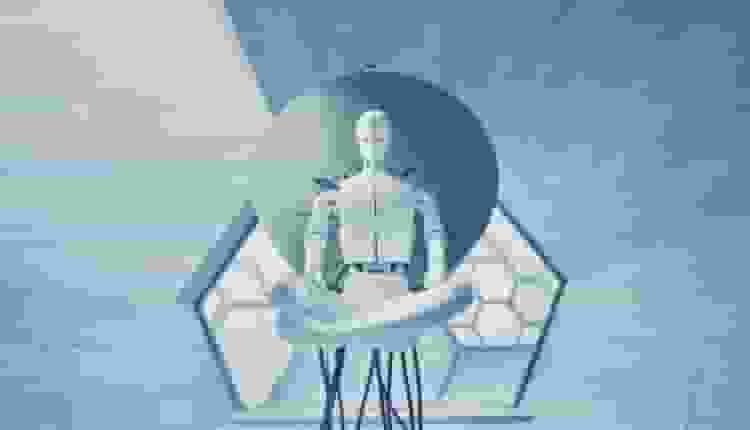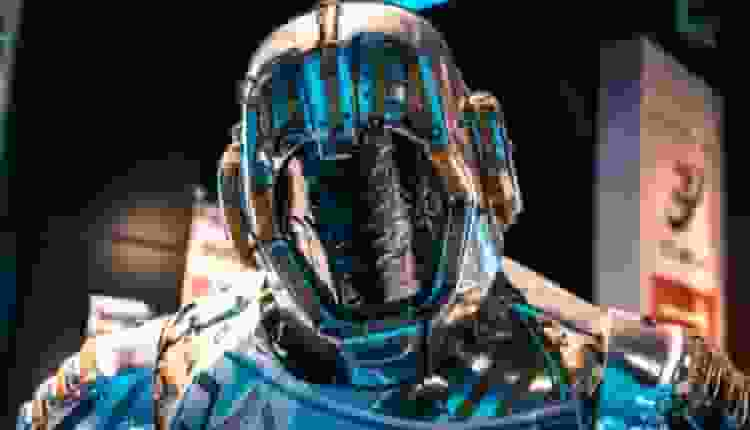
A case arguing that AI algorithms should be recognized and protected by law as inventors on patent filings were not taken up by the US Supreme Court.
All of this began when Stephen Thaler, a computer scientist and the creator of Imagination Engines, filed a lawsuit against the director of the US Patent and Trademark Office (USPTO) in 2020 after having his patent applications denied.
Supreme Court’s Decision for AI System
They were submitted by Thaler on behalf of his DABUS AI system, which he claimed created the fractal food container and the special pattern for the emergency light beacon that he wanted to patent. DABUS was listed by Thaler as the inventor in the submissions.
However, because it could only take into account inventions from natural persons and not from machines, the USPTO rejected Thaler’s papers.
The patent-focused US Last year, the Court of Appeals for the Federal Circuit upheld those rulings, stating that it is clear from US patent law that inventors must be people.
Thaler said before the Supreme Court that AI is being used to develop in a variety of industries, from energy to medicine, and that denying patents generated by AI will curtail our patent system’s ability – and thwart Congress’s intent to promote innovation and technological advancement as effectively as possible.
Accepting AI algorithms as inventors would also prevent humans from stealing ideas from software and passing them off as their own.
He has also stated in the past that rejecting patent applications for software produced by neural networks will slow progress because the IP will be kept from creators who might be motivated to expand on it all and produce more discoveries.
Read more: AI Supported Holographic Cell Phones Are Soon To Be Available!
Supreme Court Refuses the Proposal of Thaler

Lawrence Lessig, a professor of law at Harvard, and other academics have backed Thaler in his appeal to the Supreme Court, arguing in a brief that the Federal Circuit’s ruling threatens billions in current and future investments, threatens US competitiveness, and reaches a conclusion at odds with the plain language of the Patent Act.
The US Copyright Office’s decision to refuse copyright protection for the artwork his AI produced has also been contested by Thaler.
Read more: What Will Happen If US Supreme Court Bans Affirmative Action?

